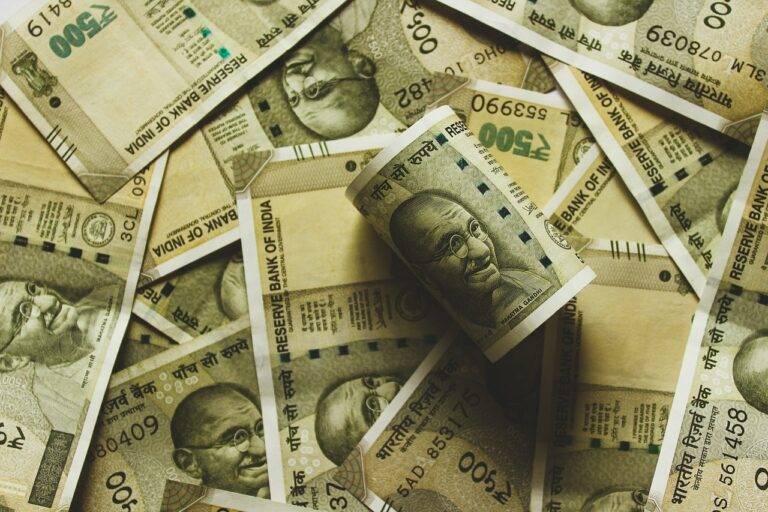How Election Results Influence Global Politics
When a new government is elected, it can significantly influence diplomatic relations between countries. The shift in leadership often leads to reassessments of previous agreements and alliances. Changes in ideology and priorities can alter the dynamics of international relationships, impacting how countries collaborate on various global issues.
Moreover, the personal relationships between leaders play a crucial role in diplomatic relations. The chemistry and rapport between heads of state can either strengthen or strain ties between nations. Therefore, election results do not only determine the policies and priorities of a country but also have the potential to reshape the entire landscape of diplomatic interactions on the global stage.
The Effect of Election Results on Trade Agreements
The outcome of elections in a country often carries significant implications for its trade agreements with other nations. When a new government takes office, there is a possibility that existing trade agreements could be renegotiated or even terminated altogether. This uncertainty can create a sense of caution among global trading partners, as they may need to reevaluate their economic relationships with the newly elected administration.
Additionally, the stance of a country’s leadership on key trade issues can directly impact the future direction of trade agreements. Different political parties may have varying priorities when it comes to trade policy, such as prioritizing protectionism over free trade or vice versa. Therefore, election results can signal a shift in trade negotiations and the overall outlook for international trade relationships.
Changes in Foreign Policy Due to Election Outcomes
Election outcomes have the power to significantly alter a country’s foreign policy direction. The new leadership often brings with it a fresh perspective and set of priorities, which can lead to shifts in how a nation engages with the global community. Foreign policy decisions, such as diplomatic engagements, trade agreements, and military alliances, are all subject to change based on the preferences of the newly elected officials.
The relationship between two countries can be particularly affected by election results. A change in leadership can either strengthen or strain diplomatic ties, depending on the stance of the newly elected government. This can impact not only bilateral relations but also have ripple effects on multilateral engagements and international cooperation efforts. The evolving foreign policy landscape following an election underscores the dynamic nature of global politics and the interconnectedness of nations in today’s world.





